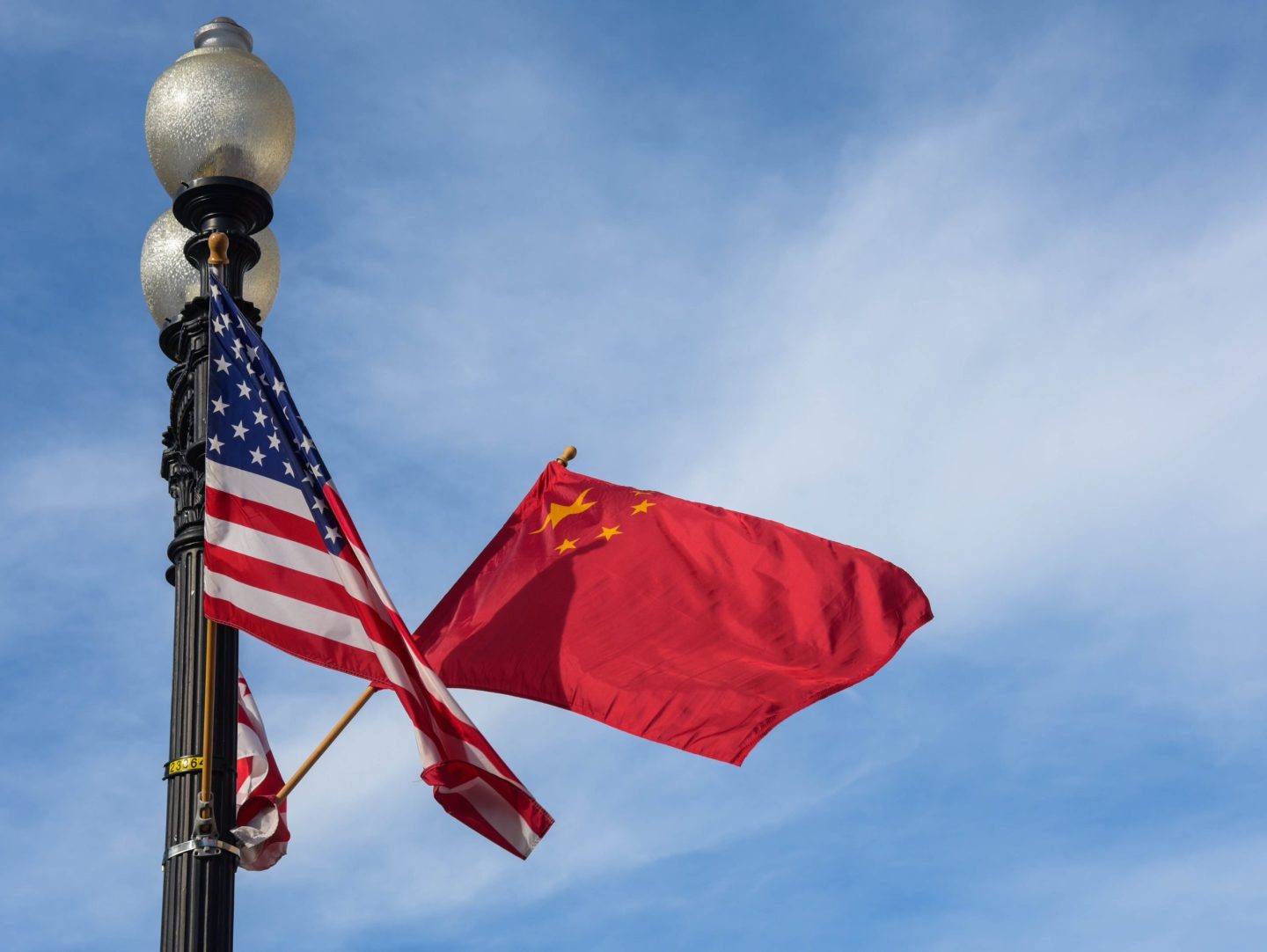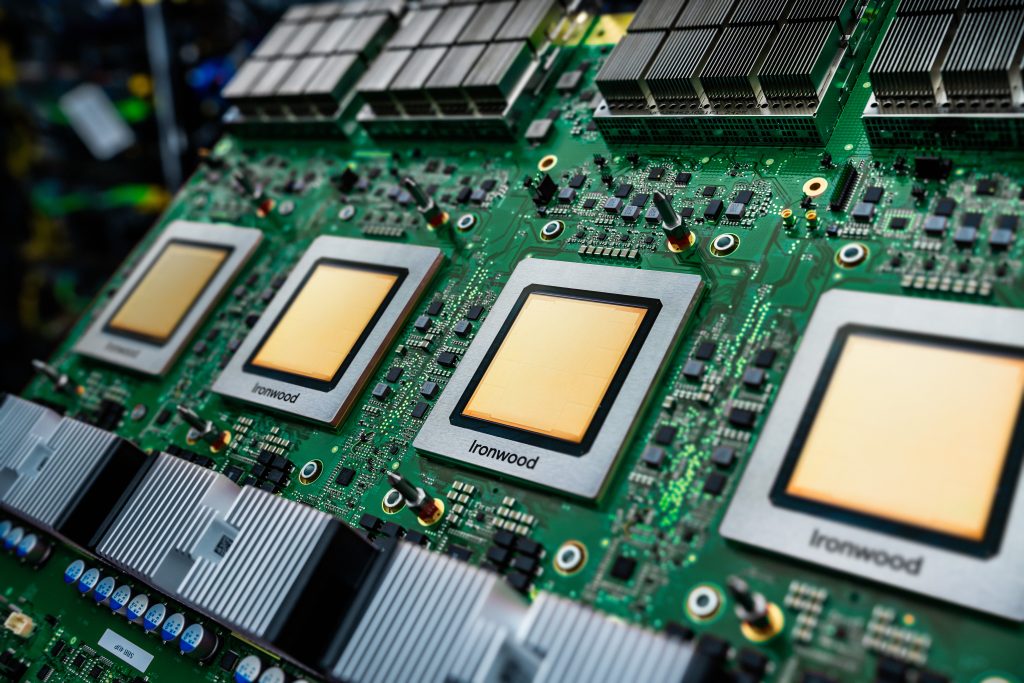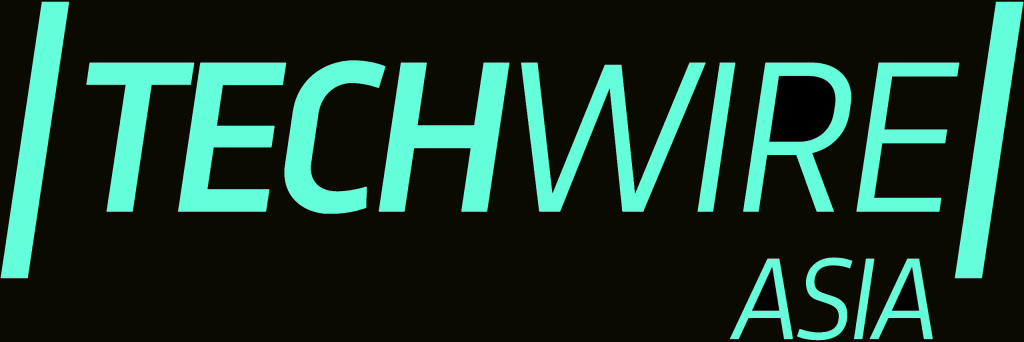- US AI firms warn America’s AI lead is shrinking to DeepSeek’s R1 and Ernie X1.
- OpenAI and Anthropic cite national security risk from Chinese AI models.
Major US artificial intelligence companies, like OpenAI, Anthropic, and Google, have expressed concern over China’s increasing abilities in AI development.
In submissions to the US government, the companies have warned America’s edge in AI is dwindling, as Chinese models like DeepSeek R1 become more advanced. The submissions were filed in response to a government request for input on an AI Action Plan, and were made in March 2025.
China’s growing AI presence
DeepSeek R1, the AI model from China, has drawn attention from US developers. OpenAI described DeepSeek as evidence that the technological gap between the US and China is closing. The corporation described DeepSeek as “state-subsidised, state-controlled, and freely available,” and expressed concerns about China’s ability to influence global AI development.
OpenAI compared DeepSeek to Chinese telecommunications company Huawei, warning that Chinese regulations could allow the government to compel DeepSeek to compromise sensitive systems or important infrastructure.
OpenAI also expressed worries about data privacy, pointing out that DeepSeek’s requirements for data-sharing with the Chinese government could strengthen the state’s surveillance abilities.
Anthropic’s submission focused on biosecurity, noting that DeepSeek R1 “complied with answering most biological weaponisation questions, even when formulated with a clearly malicious intent.”
The willingness to generate possibly dangerous information contrasts with the safety protocols the submissions describe as implemented in US-developed models.
Competition goes beyond DeepSeek. Baidu, China’s largest search engine, recently launched Ernie X1 and Ernie 4.5, two new AI models designed to compete with leading Western systems. Ernie X1, a reasoning model, is said to match DeepSeek R1’s performance at half the cost. Meanwhile, Ernie 4.5 is priced at 1% of OpenAI’s GPT-4.5 and has outperformed it on certain benchmarks, according to Baidu.
Both OpenAI and Anthropic framed the competition as ideological, describing it as a contest between “democratic AI” developed under Western principles and “authoritarian AI” shaped by state control. However, the recent success of Baidu and DeepSeek suggests that cost and accessibility may have a greater impact on global adoption than ideology.
US AI security and infrastructure concerns
The US companies’ submissions also raised their concerns about security and infrastructure challenges linked to the technology development. OpenAI’s submission focused on the dangers of Chinese state influence over AI models like DeepSeek, while Anthropic’s submission its emphasised biosecurity concerns tied to AI capabilities. The company disclosed that its own Claude 3.7 Sonnet model demonstrated improvements in biological weapon development, highlighting the dual-use nature of advanced AI systems. Anthropic also pointed to gaps in US export controls.
While Nvidia’s H20 chips comply with US export restrictions, they still perform well in text generation – a key factor in reinforcement learning. Anthropic urged the government to strengthen these controls to prevent China from gaining an advantage.
Google’s submission took a more balanced approach, acknowledging security risks while warning against over-regulation. The company argued that strict export controls could harm US economic competitiveness by creating barriers for domestic cloud providers and AI developers. Google suggested targeted controls to protect national security without disrupting business operations.
All three businesses stressed the need for improved government oversight of AI security. Anthropic called for expanding the AI Safety Institute and strengthening the National Institute of Standards and Technology (NIST) to assess and mitigate AI-related security threats.
Economic competitiveness and energy needs
The submissions also focused on the economic factors shaping AI development. Anthropic stressed infrastructure challenges, warning that by 2027, training a single advanced AI model could require five gigawatts of power. The corporation proposed the building 50 gigawatts of AI-dedicated power capacity by 2027 and streamlining the power transmission line approval process.
Baidu’s recent announcements have highlighted the importance of cost-effective AI development. Ernie 4.5 and X1 are reportedly available for a fraction of the cost of comparable Western models, with much lower token processing fees than OpenAI’s current models. Such pricing strategies from Chinese models could pressure US developers to reduce costs to remain competitive. OpenAI portrayed the competition as an ideological contest between Western and Chinese models’ arguing a free-market strategy would result in more innovation and better outcomes for consumers.
Google’s stance in the submissions was more concerned with practical policy recommendations. The company called for increased federal investment in AI research, improved access to government contracts, and streamlined export controls.
Regulatory strategies
A unified approach to AI regulation emerged as a consistent theme across all three submissions. OpenAI proposed a regulatory framework managed by the Department of Commerce, claiming that fragmented domestic state-level regulations could drive AI development overseas. The company supported a tiered export control framework that would allow broader access to US-developed AI in countries considered democratic while restricting access in authoritarian states. Anthropic called for stricter export controls on AI hardware and training data, warning that even marginal improvements in model performance could provide strategic advantages to China.
Google’s submission focused on copyright and intellectual property rights. The company argued that its current ‘fair use’-based policies are essential for AI development, and warned that overly strict copyright rules could disadvantage US firms compared to Chinese competitors.
All three companies emphasised the need for faster governmental implementation of AI. OpenAI suggested removing existing testing and procurement processes, joining Anthropic’s advocacy of streamlined AI procurement processes from federal agencies. Google supported similar reforms, highlighting the importance of improved interoperability in government cloud infrastructure.
Maintaining a competitive edge
The submissions from OpenAI, Anthropic, and Google reflect a shared concern about maintaining US leadership in AI in the country as competition from China intensifies. The rise of DeepSeek R1 and Baidu’s latest models points to a growing challenge not just in technological capability but also in cost and accessibility.
As AI development accelerates, the balance between security, economic growth, and technological leadership will likely remain key policy challenges.
Want to learn more about AI and big data from industry leaders? Check out AI & Big Data Expo taking place in Amsterdam, California, and London. The comprehensive event is co-located with other leading events including Intelligent Automation Conference, BlockX, Digital Transformation Week, and Cyber Security & Cloud Expo.
Explore other upcoming enterprise technology events and webinars powered by TechForge here.








